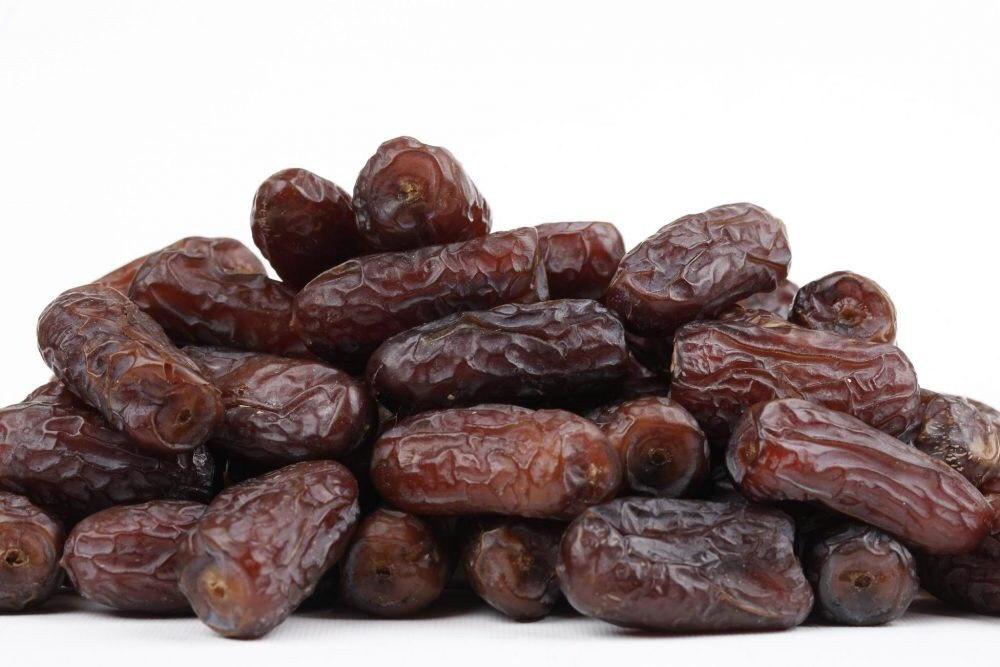How Does the Consumption of Dates Fruit Change During Ramadan?

Introduction: Unveiling the Significance of Buah Kurma
In this blog post, we explore the cultural traditions and customs associated with Buah Kurma (dates fruit) in Malaysia, with a specific focus on how its consumption changes during the holy month of Ramadan. Buah Kurma holds deep spiritual and cultural significance, and its consumption during Ramadan is intertwined with religious practices and rituals. Join us as we delve into the importance of dates fruit during Ramadan and the ways in which its consumption transforms during this sacred time.
1. Buah Kurma: A Symbol of Blessings and Nourishment
A Symbol of Abundance and Blessings:
Buah Kurma, also known as dates fruit, is highly regarded as a symbol of abundance and blessings in Malaysian culture. It represents prosperity and is often associated with festive occasions and celebrations. The consumption of dates fruit signifies the sharing of blessings and good fortune with others.
A Nutrient-Rich Fruit:
Dates fruit is not only delicious but also highly nutritious. It is rich in essential nutrients, including fiber, potassium, and antioxidants. The consumption of dates provides a natural source of energy and helps to replenish vital nutrients in the body.
2. Ramadan: The Holy Month of Fasting and Spiritual Reflection
The Spiritual Significance of Ramadan:
Ramadan is the holiest month in the Islamic calendar, observed by Muslims worldwide. It is a time of fasting, prayer, self-reflection, and acts of charity. Muslims abstain from food and drink from dawn until sunset as a means of purifying the soul and strengthening their relationship with God.
The Role of Dates Fruit in Ramadan:
During Ramadan, dates fruit plays a significant role in the daily routine of Muslims. The consumption of dates fruit holds special significance in breaking the fast (iftar) at sunset. It is a traditional practice to break the fast by eating dates, following the example of the Prophet Muhammad (peace be upon him).
3. The Ritual of Breaking the Fast with Dates Fruit
A Cherished Tradition:
In Malaysian households, the ritual of breaking the fast with dates fruit is a cherished tradition during Ramadan. As the sun sets, family members gather around the iftar table, and each person consumes dates before partaking in the main meal. This ritual serves as a moment of gratitude, unity, and familial togetherness.
Providing Immediate Nourishment:
Dates are an excellent choice for breaking the fast as it provides immediate nourishment to the body. Dates contain natural sugars that are quickly absorbed, providing an instant energy boost after a day of fasting. They help to replenish glucose levels and prepare the body for the main meal.
A Symbolic Gesture:
The act of consuming dates fruit during iftar is not only practical but also carries symbolic meaning. It represents the completion of a day of fasting and the fulfillment of a religious obligation. Sharing dates fruit with family, friends, and even strangers during Ramadan is considered a virtuous act, reflecting generosity and kindness.
Conclusion
Buah Kurma (dates fruit) holds deep cultural and spiritual significance in Malaysia, particularly during the holy month of Ramadan. Its consumption during Ramadan is not only a practical way to break the fast but also a symbolic gesture of gratitude, unity, and generosity. dates fruit serves as a reminder of blessings, nourishment, and the importance of sharing during this sacred time. As Muslims across Malaysia and the world come together to observe Ramadan, the consumption of dates remains an integral part of their religious and cultural traditions.
Key Highlights
- Buah Kurma is a symbol of abundance and blessings in Malaysian culture.
- During Ramadan, the consumption of dates fruit holds deep spiritual significance.
- Ramadan is a time of fasting, prayer, when many Muslims consume dates fruit.